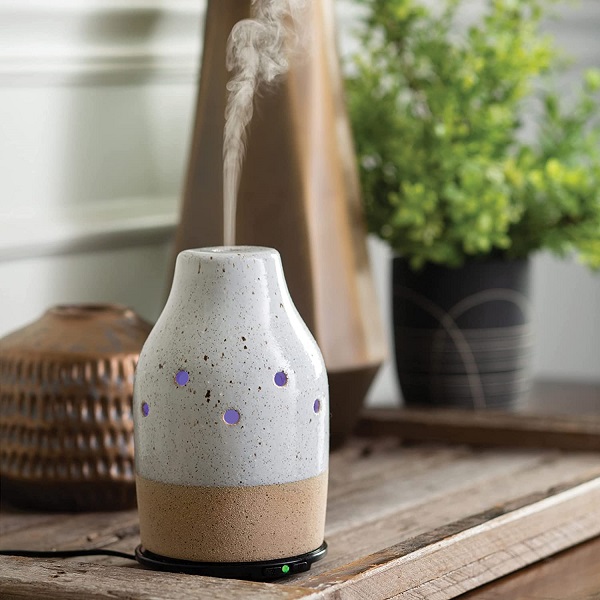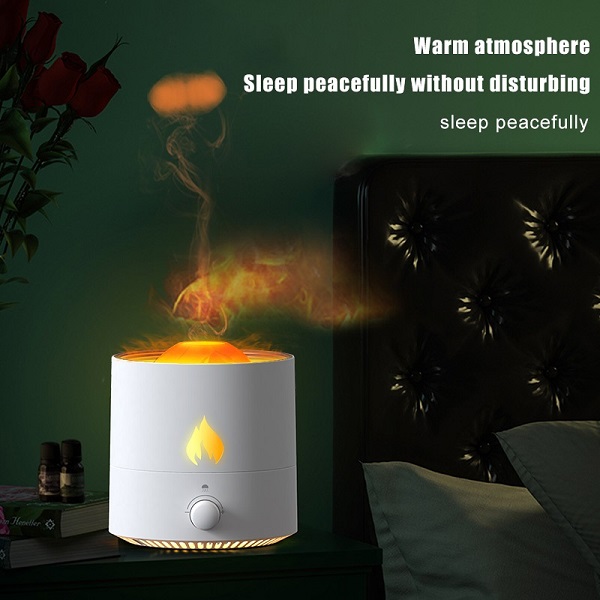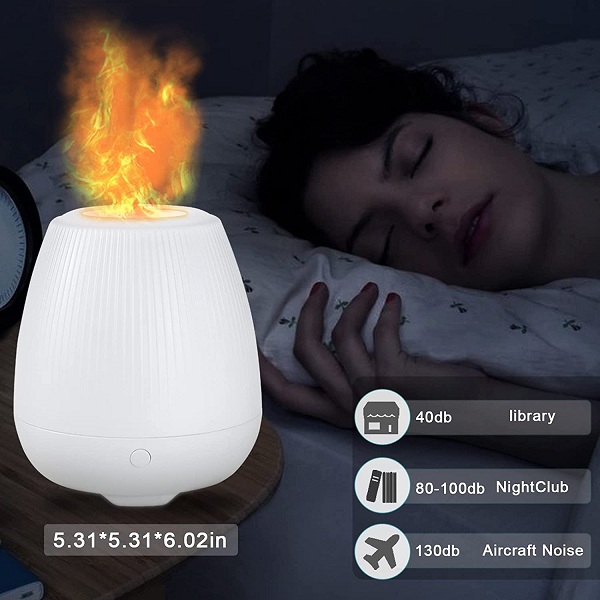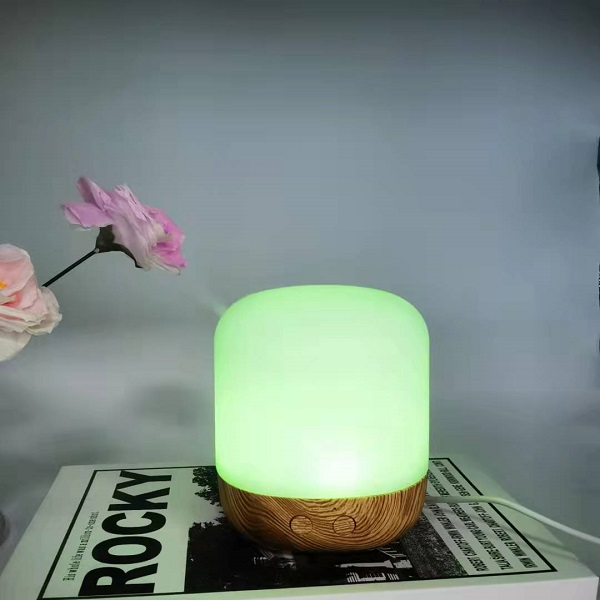With the cold weather drawing in, you might be thinking about reaching towards your thermostat.
But it’s not just the costs that might put you off. As your central heating increases room temperatures indoors it causes dryer air, which can have a range of downsides. This is where a humidifier – a device designed to add moisture back into the air – may help. Read on to find out how a humidifier might help you and your family at home, and what models we’ve recently tested and reviewed.
1. Moisturises skin, lips and hair
If you’ve ever noticed that your skin feels tighter, drier or itchier during the winter, you may have already clocked that this can be due to being being indoors in artificially heated rooms more regularly. When the air is dry, it pulls moisture from your skin and hair. A humidifier can help to replace moisture, leaving skin and hair feeling softer. However, if your hair is prone to frizzing when humidity levels are high, proceed with caution. A humidifier (along with regular screen breaks) can also help if you struggle with dry eyes, particularly if you’re staring at a computer all day.
2. Eases congestion
Humidifiers are often a popular product for parents with babies and young children, particularly if their little one struggles with a bunged up nose. If the air is particularly dry, it can dry out the nasal passages – which are already narrower in children compared to adults – triggering excess mucus production, which leads to congestion. A humidifier could help ease this and, as any parent knows, is an easier solution than regularly trying to get your baby or toddler to blow their nose. If you or your children regularly struggle with nosebleeds, which can also be caused by dry mucous membranes in the nose, you may get some relief from a humidifier as well.
3. Reduces snoring
Got a partner keeping you awake because of their noisy snoring? If it’s caused by congestion, a humidifier might help, as it will moisturise the throat and nasal passages, which may have become dry or congested. But remember, snoring can be caused by a range of problems, including being overweight, sleep apnoea or smoking, so while a humidifier might help, it’s not a cure-all.
4. Helps reduce the spread of flu viruses
Low humidity has been found to increase the ability of viruses to spread through the air. A study carried out by a group of US laboratories that included the National Institute for Occupational Safety and Health (NIOSH) and the Centers for Disease Control and Prevention (CDC) found that high humidity could reduce infectivity rate. The study found that if indoor humidity levels are less than 23%, the influenza infectivity rate – which is its ability to infect others via respiratory droplets – is between 70% and 77%. However, if humidity is kept above 43%, the infectivity rate is much lower – between 14% and 22%. However, bear in mind that increasing humidity isn’t going to prevent all virus particles from being spread. For any airborne viruses, it’s always worth remembering the public health messages from the Covid era, and catch any coughs or sneezes in a tissue, wash your hands regularly and ventilate rooms, especially when you’re hosting large gatherings of people.
5. Keeps your houseplants happy
If you find your houseplants start to go a bit brown and droopy during the winter months, it could be because they’re drying out. Setting up a humidifier can be a good way of providing your plants with the moisture they need without having to remember to water them as frequently. Likewise, sometimes wooden furniture can develop cracks in it because central heating has lowered the room humidity. A gentle mist could help to ease this. Just be mindful that too much moisture can also have a negative effect on wooden furniture. And if you’re placing your device on a wooden table, you should be careful that any droplets or spillage don’t leave a watermark.
Post time: Nov-23-2022





